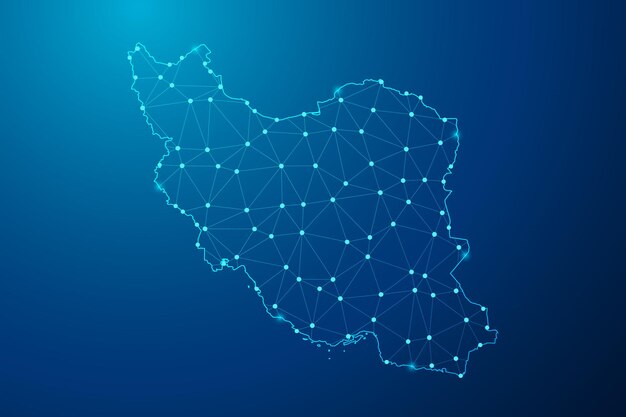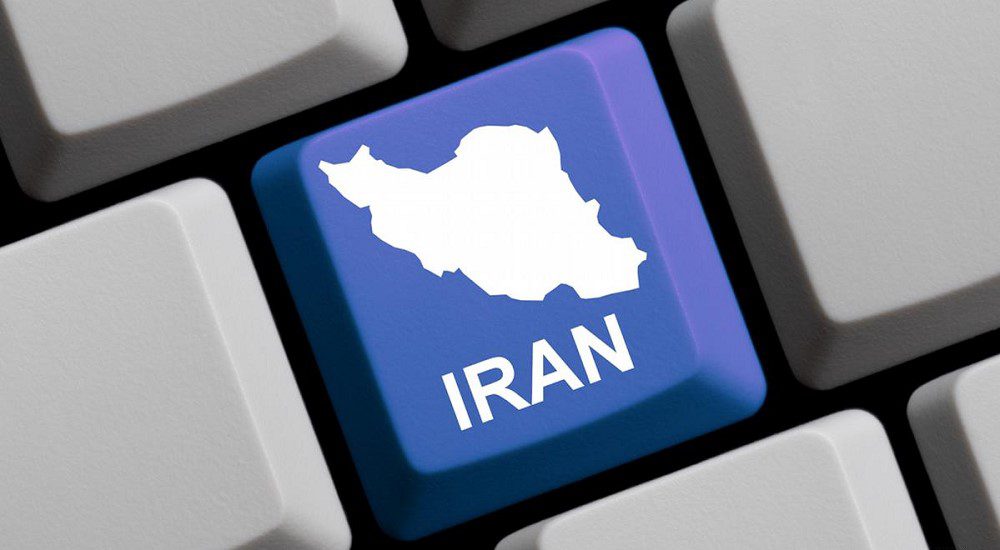In a gathering that included telecom operators and military organizations, the possibility of altering internet tariffs in Iran was explored. Rising costs and inflation in the country have posed significant challenges to internet tariffs, but proposed changes have encountered resistance. While people are not satisfied with the quality of the internet, economic conditions do not reduce their costs.
Stakeholders Seek Solutions as Telecom Operators Advocate for Tariff Adjustments
According to IDEA, Telecom operators have long been advocating for tariff adjustments, with recent changes involving the removal of some large and long-term packages and price increases. However, none of these changes in isolation have provided a complete solution for cost reduction. Operators believe that continuing with the current tariffs is unfeasible and that raising prices could jeopardize the telecommunications industry.
The likelihood of tariff adjustments has increased, as evidenced by Irancell and Hamrah-e-Aval removing some of their large packages in 1401 (2022), and certain fixed-line operators being allowed to increase their service prices under Regulatory Decision No. 266 passed in 1396 (2017).
In light of these developments, the Scientific-Analytical Spectrum Group organized a session involving telecom executives and relevant bodies to collaboratively address the challenges surrounding internet tariffs.
Call for Internet Tariff Reform in Iran to Address Inefficiencies
Mohammad Keshvari, the director of the Scientific-Analytical Spectrum Group, has expressed concerns about the current state of internet tariffs in Iran. He has stated that the usage of mobile data in Iran significantly surpasses that of fixed networks, while internet tariffs in Iran are among the lowest worldwide in terms of pricing. This situation has led to a decrease in profit margins for telecom operators and is hindering network development. Therefore, the need for tariff adjustments and an increase in internet prices is imperative.
Keshvari also emphasized the necessity of simultaneously increasing prices and usage in some other industries, urging stakeholders to propose their own solutions for tariff adjustments.
Iranian Official Stresses Need for Thoughtful Internet Tariff Adjustments
Mehdi Rohaninejad, the Strategic Deputy of the Regulatory Authority, has addressed the challenging and critical decisions regarding increasing internet tariffs in Iran. He emphasizes that the top priority for the Iranian government is to boost domestic internet usage and the share of domestic internet traffic, and any tariff adjustments should align with strengthening domestic traffic. Rohaninejad highlights the importance of coordination between stakeholders and the Ministry of Communications in this endeavor, emphasizing the need for social agreements and a societal mindset to justify price hikes and network improvements.
Rohaninejad also underscores the significance of amending wholesale and shared tariffs in the telecom industry and deems agreements between the Telecommunication Company of Iran and the infrastructure company essential. He urges stakeholders to present their proposals and solutions for both the short and long term to prevent future challenges in improving internet tariffs and traffic.
Advocating for Internet Tariff Adjustments to Reflect Costs
Mohammad Ali Yousefi zadeh, the CEO of Asiatech, has expressed concerns about the continuous reduction in internet prices in Iran since 2019. He notes that during this period, the associated costs, including network infrastructure, data center electricity, and human resources for traffic production, have significantly increased and no longer correspond proportionally with the internet prices. He also references the recent Resolution 344 on data transfer, which has led to a fivefold increase in transfer costs. Yousefi zadeh suggests that a more reasonable approach would be to promote Content Delivery Network (CDN) development by producers and data centers within the country. While this would lead to increased capital and operational costs for these stakeholders, it is a more sustainable approach.
He recommends reevaluating the pricing of domestic traffic to be 50% of international internet rates, as opposed to the current 15% structure, similar to retail prices. This adjustment would help reflect the actual costs involved and promote a fair pricing structure that aligns with the economic realities of the industry.
Regulatory and Mindset Changes to Address Pricing Challenges
During a meeting addressing the reform of internet tariffs in Iran, Lotfalian, the Deputy for Marketing and Sales, underscored the necessity of training and changing the mindset of authorities and regulators regarding tariff setting. He provided examples, such as mobile packages, which were previously introduced to increase penetration rates and promote pricing. Actions taken by the Regulatory Authority on this matter have contributed to the current critical situation. However, packages falling within the approved tariff prices by the Commission should not require the Regulatory Authority’s confirmation.
Additionally, Mojtaba Jafari, another manager from one of the leading mobile operators, offered several recommendations, including an increase in internet prices or charges in other sectors, direct billing on mobile bills, expanding the usage of charging for the sale of content services, exempting or reducing operators’ dividend payments, and providing more freedom to operators to offer diverse domestic and international packages, especially in less developed areas. These proposed changes aim to foster a more flexible and responsive pricing structure in line with the evolving market dynamics.
Emphasizing Freedom for Operators and Inclusivity for Low-Income Users
In a meeting regarding the reform of internet tariffs in Iran, senior officials from Irancell expressed strong opposition to the regulatory body’s role in pricing and the shift towards competitive and privatization policies. They stressed the importance of preserving operators’ flexibility in crafting internet packages and preventing external, non-accountable entities from intervening in this domain.
In the short term, they proposed that Irancell continues to support low-income segments while maintaining existing low-volume packages to address pricing concerns. Furthermore, they suggested introducing incentive and discounted packages to promote domestic traffic growth and the development of 5G networks with substantial data packages at reasonable prices as part of their long-term strategy. Creating a significant price differential between fixed and mobile internet services to support fiber optic expansion was also a focal point of their discussions. These recommendations aim to balance affordability and accessibility for all segments of the population while ensuring sustainable growth and network development.
Industry Representatives Emphasize the Need for Coordinated Pricing and Collaboration with the Private Sector
During a meeting addressing the reform of internet tariffs in Iran, several key proposals and areas of emphasis were brought to the forefront by industry stakeholders. Notably, the participants advocated for the harmonization of domestic and international tariffs, the liberalization of service packages, and an increased role for professional bodies in pricing.
Hossein Eslami, Chairman of the IT Guild Organization, stressed the importance of allowing the industry to have a say in pricing and to take responsibility for any variations between the floor and ceiling rates approved. He believed that by doing so, with the introduction of competition among operators, products with suitable pricing and quality would undoubtedly become available to the public.
Participants also proposed long-term solutions, such as aligning internet tariffs with the inflation rate declared by the Central Bank. Moreover, in the course of media and policy justifications, they suggested operators underscore how such modifications would serve the nation’s interests, sovereignty, and the government itself.
Equalizing domestic traffic pricing with international internet rates was a central concern raised by Masoud Bemanipour, CEO of Pishgaman Company, emphasizing that the majority of operator expenses are not attributed to traffic and that income should cover those costs.
Miri of HiWeb highlighted the importance of service package liberalization as it ultimately leads to market competition and improved service quality, meeting consumer needs. Finally, Bidaabadi, the director of Sabanet, found a 26% price increase for the internet negligible in the context of enhancing the share of fixed-line traffic and underlined the significance of a significant price differential between fixed and mobile services.
In conclusion, consensus has been reached among stakeholders regarding the need for increasing internet service tariffs. The Spectrum Group’s objective in organizing this session is to consolidate opinions and proposed solutions toward creating a model for tariff policy reform. The outcomes of this meeting will be presented during the 4th Iran Digital Week, from November 1 to November 3, 1402, at the Goftegoo Garden venue.
[postx_template id=”4061″]






No Comment! Be the first one.